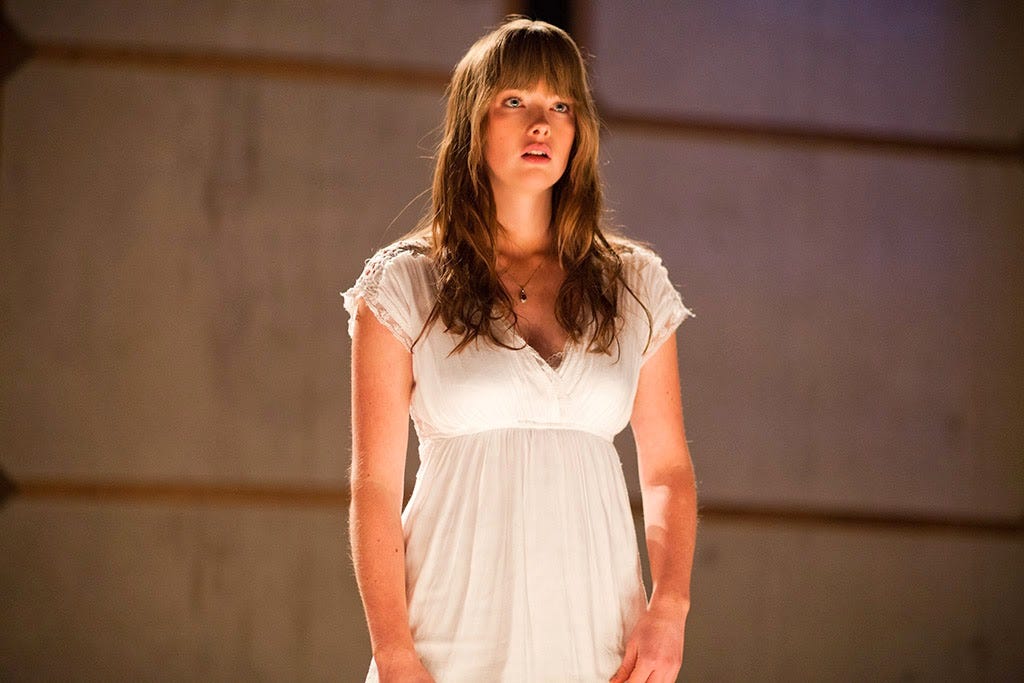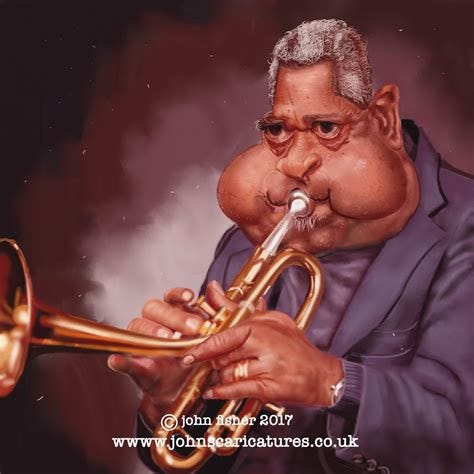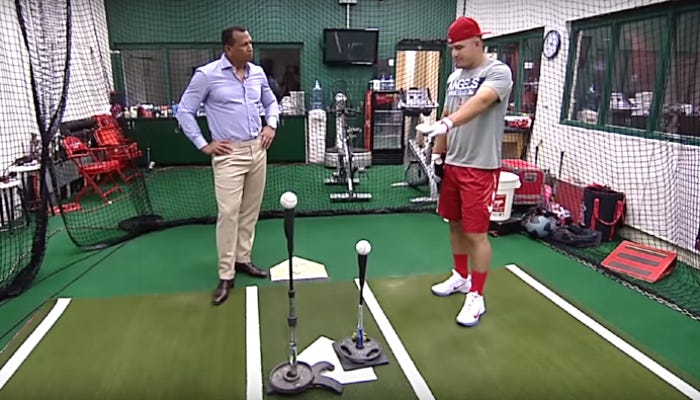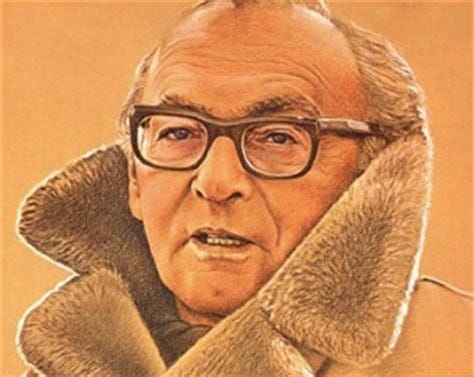Looks Count
Not Those Looks
Looks Count
No, Not Those Looks
“I had to make you uncomfortable, otherwise you never would have moved.”
Stage fright!
We’ll come back to stage fright and the fears that set it loose in several paragraphs. Patience*
*Patience is a rudiment. It requires practice. This is an opportunity. You’re welcome.
When I teach acting primarily for actors there are no ‘levels,’ no separate times or groups for so-called beginner, intermediary, or advanced actors.
Everyone with the desire and courage to show up can learn from everyone else. No one can learn what they think they already know. Everyone can potentially learn from everyone else on any given day.
Newbies can learn from veterans, and veterans can learn from newbies.
We all begin again every time we act. Every moment arrives newly born. Remembering to see the baby from the bathwater is a key to living alive.
I’m BIG on rudiments. Basic skills and practiced principles are key to all creative work. While elements of mystery abound, surprises erupt, and magic arises spontaneously, these thrilling ‘accidents’ tend to occur on top of regular, repeated and continuous practice of rudiments.
There’s no doubt that in time the rudiments of any craft, well practiced, are absorbed. They find a home in deep memory, and then, those of us who have made an investment in intentional practice will have (on most days) easier access to the skills that underlie the work.
Easier, however, does not guarantee absolutely predictable nor immediate results. Persistent reminders, that involve, welcoming openness and continued practice is vital.
A couple of examples:
My old friend Dizzy Gillespie, now hard to reach by phone, was an internationally acclaimed trumpet player, a virtuoso, and and iconic innovator, who lived in loving ‘fear’ of his wife, Lorraine.
Birks (his middle name, used by many close friends) said that each morning when he arose, whether in Rome or Roanoke, he heard a small voice coming from his trumpet case - first thing. The horn whispered: “Dizzy! I’m waiting for you.”
Dizzy answered. Always with respect, never knowing what mood might greet him. Everyday a new day, and on each new day, and in every new moment all day long, he knew he’d discover and adjust his relationship to the brass beast.
The trumpet is a fickle instrument, a harsh task master that demands careful and regular attention no matter how iconic the player.
So, when he arose each morning or afternoon, Dizzy would start with rudiments. Make a sound, silently hoping for the best, then play a well worn warm-up routine. As if for the first time.
“Some days you get up and put the horn to your chops and it sounds pretty good and you win. Some days you try and nothing works and the horn wins. This goes on and on and then you die and the horn wins.” ~Dizzy Gillespie
Same Deal in Baseball
“The future ain’t what it used to be.” ~Yogi Berra
Every day begins anew.
When girls and boys of four and five begin playing ball, they hit off a tee. A stationary ball is placed atop a platformed tube. The kids swing a bat. Mostly they miss. Sometimes they knock the ball off the tee. It falls at their feet. Swing again - and again. Eventually they hit the ball more than they miss. It sails farther and farther the more they practice.
The kids that keep at it (don’t get discouraged) learn to hit the ball off the tee so that it sails through the air, more or less, consistently.
We’re talking about children, who with time and practice discover that a level swing and timing drives the ball.
The biggest stars in baseball. Sluggers who earn millions of dollars hitting baseballs. Who in game situations face hardball pitches, come to the ballpark pre-game to prepare. They at some point in their prep routine they go to the routine go batting cage. There they feel out their relationship to hitting on that new day. How? They hit off a tee. Like when they were children. Rudiments.
Arod and Batting Coach
Welcome To Class
You are a new student. We chat for a few moments. I’ll ask questions about your family and pets. Where you grew up. Find out if you’re afraid of snakes. Take your temperature on milk shakes - yes or no? Favorite flavor.
Then-
I invite you to take the stage. To stand with relaxed arms at your side. To feel their weight. The other students and I remain seated as “audience.”
Please, dear reader, imagine yourself in this new students place - you are invited to share her experience. Gently imagine, no need to strain.
All the lines are mine.
“We’re just looking at you, and you’re just looking at us.”
I repeat and repeat, again and again, at irregular intervals, interspersed with silence.
“We’re just looking at you, and you’re just looking at us.”
This goes on for several minutes.
Invariably, the student gets, in stages (pun intended although I’m never proud of punning) increasingly uncomfortable. Nervous smiles. Sometimes laughter. Visible clenching and jitters.
“OK!” That’s what I say when we’re finished with an exercise or scene.
I ask an “audience” student to carry a folding chair onto the stage and invite the now only somewhat relieved ‘looking and looked at’ student to sit.
To confirm. “That was uncomfortable, right?”
The response is always some version of DUH. The room laughs at the obvious. Some of the tension eases.
Then I ask a favor.
Let’s say the stage has a tiled floor. Or maybe it’s made of boards. I ask you/her for help, explaining that the tiles or boards are wearing out and need replacement, which I’ve planned to do, and I don’t know how many tiles or boards I’ll need to get before the crew coming to replace them late the next day arrives. “Would you count them for me?”
I alway attract kind and cooperative students.
The counting commences.
Her/your behavior on stage totally transforms. Much more relaxed. Interesting to watch.
Counting done in whatever time it takes, she/you share the count, proudly.
“Are you sure?”
“I think so. I’m pretty sure. Would you like me to double check?”
“Thank you. No need to double check. I saw you counting. You clearly did a conscientious job. I trust your count. You’ve been a great help. Don’t know what I’d do without you.”
“By the way, did you notice a difference in your experiences? Between the “looking” and the “counting.”
Of course, she/you did. She was more relaxed. Not nearly as self conscious, nor concerned with the “audience.” She simply set out to count, devised a scheme to sort out the tiles or boards, perhaps in sections, to make them countable with accuracy.
She truly wanted to help me.
She learned the first and most rudimentary lesson in the practice of acting.
ACTION
When we do something in particular that requires rapt attention with purpose, it changes how we feel profoundly. We feel ease and come to life.
Acting is, first and foremost: DOING THINGS while we pay attention.
Anytime we truly do anything mindfully, that is, with clear understanding of what we’re doing (to count) and why (to help), while paying attention as necessary, we naturally relax.
This quality of (dynamic) relaxation opens us. When we relaxe and engage fully in life we invite creative impulses.
We attain what Stanislavsky called “stage solitude.” We do not concern ourselves with who’s looking and what they think of us. We do not fear lack of acceptance.
We’re not in a trance. We are awake, involved in an activity that frees us from unwarranted fear. No threats. No danger. No grades.
When Stanislavsky first saw Duse he saw ease as a hallmark of her stage behavior.
As he developed his “system” the source of ease on stage became clear to him. Simple and sincere doing, with a purpose as if in life, with no need to do any thing more or less than what is necessary.
When we perceive threat or danger, fear arises. We react emotionally and physically. Our bodies, infused with adrenaline lead us into a fight or flight response. Alternatively, we freeze. Our minds shut down. In this anxious state we are incapable of creativity of any kind. All we want to do is survive.
How often do we experience “stage fright” at one level or another in our daily lives?
How often do we do what is expected of us in routine ways so as to avoid the possibility of fear or nervous discomfort? And, as a consequence, do we cut ourselves off from our creativity and extinguish the courage to create?
Meisner In My Life
As you know, by way of Wynn Handman, and close associations with other Neighborhood Playhouse people, my orientation in all I do bears Meisner influence.
I have over the years worked with many actors whose primary influences were Stella, Uta, and Lee and those that followed in their footsteps. I have a strong understanding and appreciation for what each has contributed and their angles on acting principles and practices. I want to collaborate effectively. To meet collaborators where they are. While rooted in Meisner, I’ve developed an eclectic approach to all things creative.
Sandy’s definition of acting, with slight modification, works well for me. It informs my creative work, and all of life, which, as you know, I see as creative practice.
Ipso Fatso, ACTING HUMAN.
Acting is doing things truthfully with a purpose in created (he said “imaginary”) circumstances.
Notably, Meisner, before he began acting and before the Group Theater, he attended the Damrosch Institute of Music, which morphed into the Juilliard School. He aspired to make a life in music as a concert pianist.
The Great Depression interfered with his musical studies. He needed to help with the family business in the Garment Center. OY! While shlepping shmates he elevated what could’ve been drudgery to a higher level by imagining music. It may’ve appeared that he was rolling bolts of fabric through the crowded street, but he was playing the piano.
His imagination enlarged. Eventually, when theater collided with his musical imagination, he heard acting.
I, too, am always feeling music. I’m tuned to vibration. I’ve learned that the Universe vibrates and if we pay attention it moves us.
We feel and live life alive as vibration. That’s my story and I’m sticking to it.
WHAT NEXT?
"In theory there is no difference between theory and practice. In practice there is." ~Yogi Berra
Can we ever get enough Yogi? I think not.
What can we practice in daily life starting here and now?
We can begin with a promise to pay attention.
We can recognize that "life is verbal -'to live' is s verb. I don’t mean that life is talk.
When all is said and done, there’s usually a lot more said than done.
To the contrary. Our lives unfurl in verbs. Actions.
We do our lives. Fritz Perls, the founder of Gestalt Psychology wrote, “I Seem To Be A Verb” He wasn’t just whistlin’ “Dixie.”
As you observe your behavior see if you can discern your actions and as an exercise. Name them, using active verbs.
Let’s call the “doing” an activity and its immediate purpose (the why) an action, which is inseparable from the activity.
Activity: To eat a sandwich. Action: To satisfy hunger.
Maybe you eat when not hungry.
Activity: To eat cake. Action: To calm down. To sooth.
Play with your choice of verbs. Each has a unique vibrational quality. Hear your music. Feel the verbs. Acting is not primarily an intellectual undertaking.
Pay attention to what you do and why. Keep it simple.
Let fun happen. Play. We’ve been conditioned, when learning, to take it WAY too seriously. To try too hard. As if all work is kinetic. Pain and gain. The stakes are high. Grades. Approval. Your future. Money. Success.
We can return to child-like openness. To life as wondrous and new, while still living responsible and productive lives.
Discern child-like from childish. We’ve been fooled into conflation at the cost of our natural capacity to learn with joy.
Right effort, as the Buddhists call it, entails, among other considerations, doing what’s necessary, no more, no less. Take it easy. Simply do.
Go slow. Pay full attention. When you eat, feel the food pass your lips, sense the bite, actually taste it, chew thoroughly, feel the swallow.
Count bites.
Do things that you ordinarily do without paying much if any attention in an engaged way. Most of us operate on automatic almost all the time.
Notice and pay attention for as long as you’re able without making it a chore. With practice you will notice more and pay attention instinctively instead of living mindlessly. Once you begin to sense life it will attract your attention. You feel the music.
This kind of practice, even if no more than a sandwich a day is a sensational start. Go for half a sandwich. When we bring our attention to the ordinary things we do we take a giant step toward living life alive.
We will in time play with much more complex behavior to create rich and layered lives. Patience.
If you think bite counting sounds silly, let that thought go. Don’t push it away. It will pass on its own, as you count bites. Note that you are an actor discomforted, striken by stage fright by an audience of one - you.
Summon the courage to play. How many bites at lunch for a week? I know it’s crazy. It will likely take a while to cover a whole lunch with attention. Do it. You’ll like it.
“It takes courage to lead a life. Any life.” ~ Erica Jong
The courage to count bites, to bring quality attention to commonplace behaviors, will amplify courage and strengthen your concentration.
"The word theatre comes from the Greeks. It means the seeing place. It is the place people come to see the truth about life and the social situation. The theatre is a spiritual and social X-ray of its time. The theatre was created to tell people the truth about life and the social situation." ~Stella Adler
Let’s originate a theater of sandwiches.
How about left turns? How many lefts today? Where did you go? Why? (To see? To buy? Why?)
We are, as Stella points out, on our way to discovering valuable truths about out lives. To know ourselves in spiritual and social ways. To feel ourselves in this time, in the here and now. To invite creative lives lived alive.
Name your activities and actions with active verbs chosen for their musical quality, pay attention to the experience of living in bite sized pieces. For five or fifteen minutes, a whole lunch, or for a block of walking. Feel your feet touch and lift off the ground. Count your steps. Try ten at a time.
Observe other people. What do you see them do? Why do you imagine they’re doing it? Verb them. Mind gossip. Fun, right?
Choose from my suggestions. Use one or more of them. Practice.
Find ways to pay deliberate attention for as long as you are able - EVERYDAY. Repetition and practice go together like ham and eggs. Especially if you’re counting bites.
Please remember to practice in the spirit of play. We can, with gentle effort, take pleasure, actually enjoy life lived alive.
Do one thing at a time.
Do it slowly with intention.
Do it fully, with complete attention.
Notice the spaces between the doings.
Smile. Smile. Smile. Feel your face.
A little bit every day. No stress, no strain. Fun will find you, she loves to play hide and seek. You’ll increasingly feel the vibrational truth of life lived alive.
See ya on Sunday, until then
Lights Up!









